Seated man in left profile, supposed portrait of Bertolt Brecht (1890-1955)
Perre noire on paper
Signed “R. Schlichter” lower right
45.5 x 35 cm
Small gaps on the edges, fold lower left
German artist figure of the New Objectivity, Rudolf Schlichter was born in Calw in 1890. He received his first artistic training at the School of Arts et Métiers in Stuttgart and then at the Academy of Fine Arts in Karlsruhe where he became friends with Georg Scholz and Karl Hubbuch. In rebellion against the principles of the Academy, he moved to Berlin in 1919 where he joined the Expressionists of the Novembergruppe and the Berlin Dadaists, artists politically committed against the Weimar Republic.
In the 1920s, he moved towards an increasingly marked realism and took part in the historic exhibition Neue sachlichkeit (New objectivity) organized in 1925 at the Kunsthalle in Mannheim by Gustav Friedrich Hartlaub. The latter brought together a heterogeneous group of around thirty artists, including Otto Dix and Max Beckmann. This event inaugurates a new sensibility which gradually breaks with the hallucinatory expressionism of the pre-war period, which is succeeded by an art of coldly objective observation in which the role of color proves to be more subject to that of drawing, which aims to be more analytical.
Rudolf Schlichter became one of the main actors of Verism, a more radical current of New Objectivity in which Georges Grosz and Otto Dix took part. They affirm themselves by the negation of “classical” art by endeavoring to show in a crude way the chaos generated by their era after the First World War. Rudolf Schlichter parodies the failings of bourgeois society. He leads a life of debauchery and paints without filter the reality of the spectacle which is offered to him and this sometimes until the caricature in order to offend his contemporaries.
The physiognomy of the model represented here is very close to that of the German writer and playwright Bertolt Brecht (1898-1956), member of the Novembergruppe, of whom Rudolf Schlichter produced, among other things, a portrait painted in 1926 and kept at the National Gallery of Art. modern Munich.



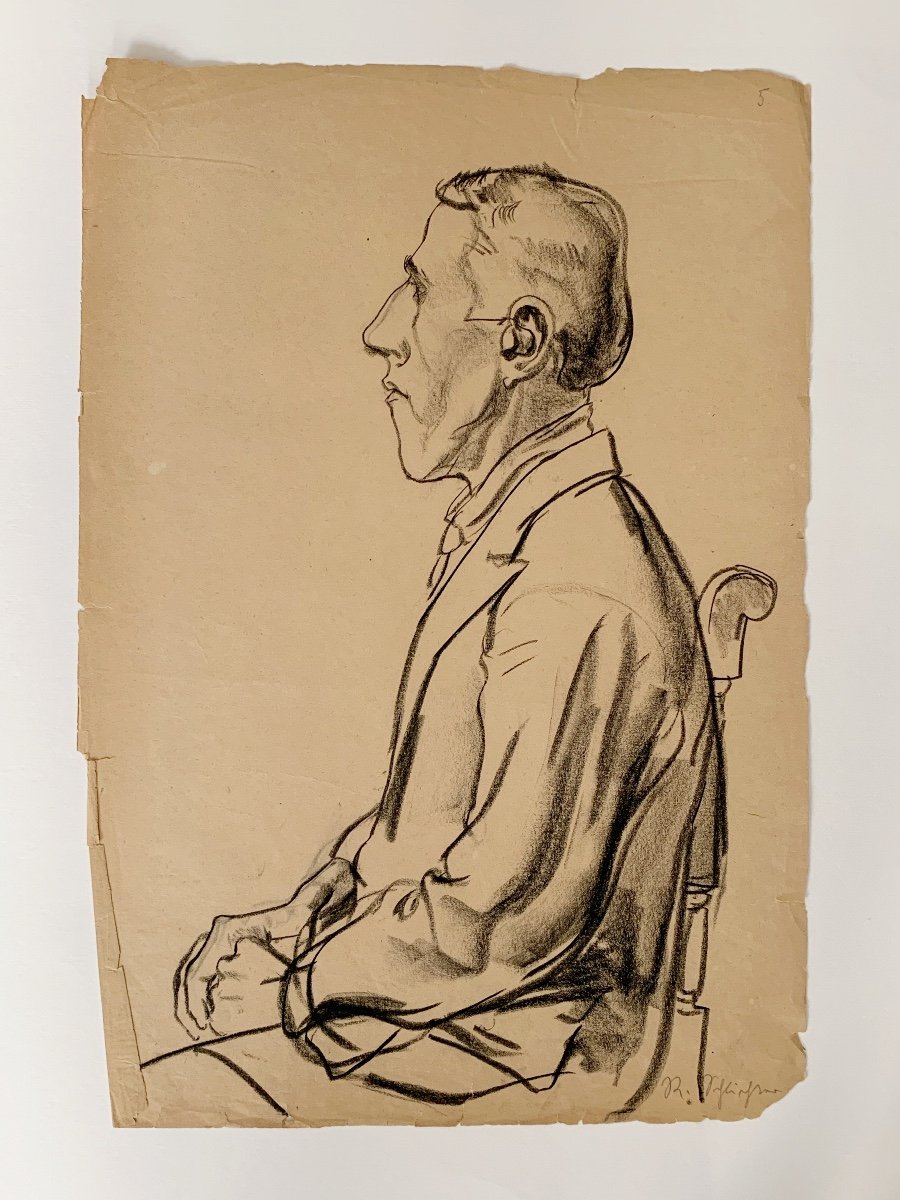





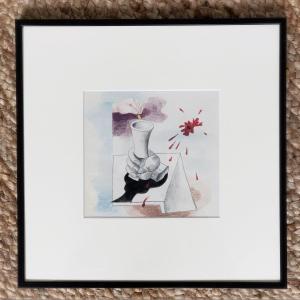

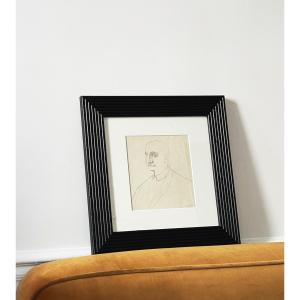

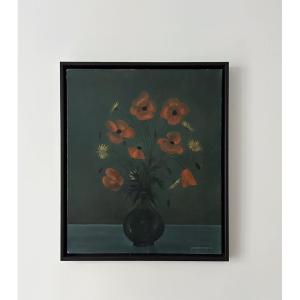



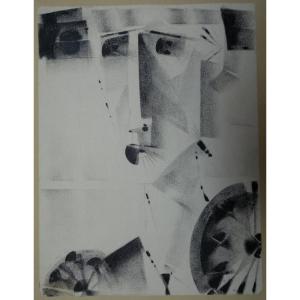





 Le Magazine de PROANTIC
Le Magazine de PROANTIC TRÉSORS Magazine
TRÉSORS Magazine Rivista Artiquariato
Rivista Artiquariato
